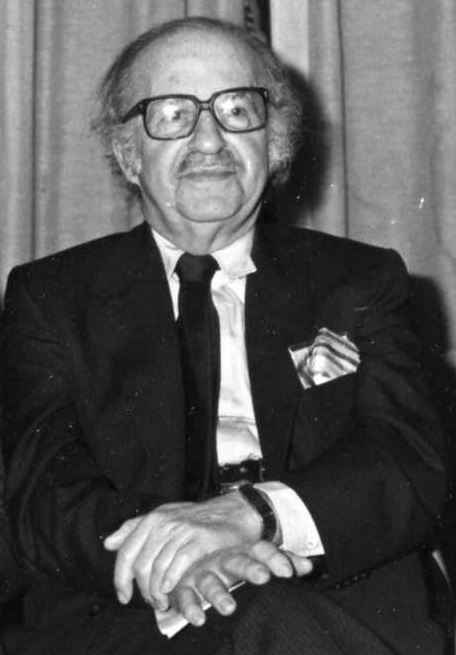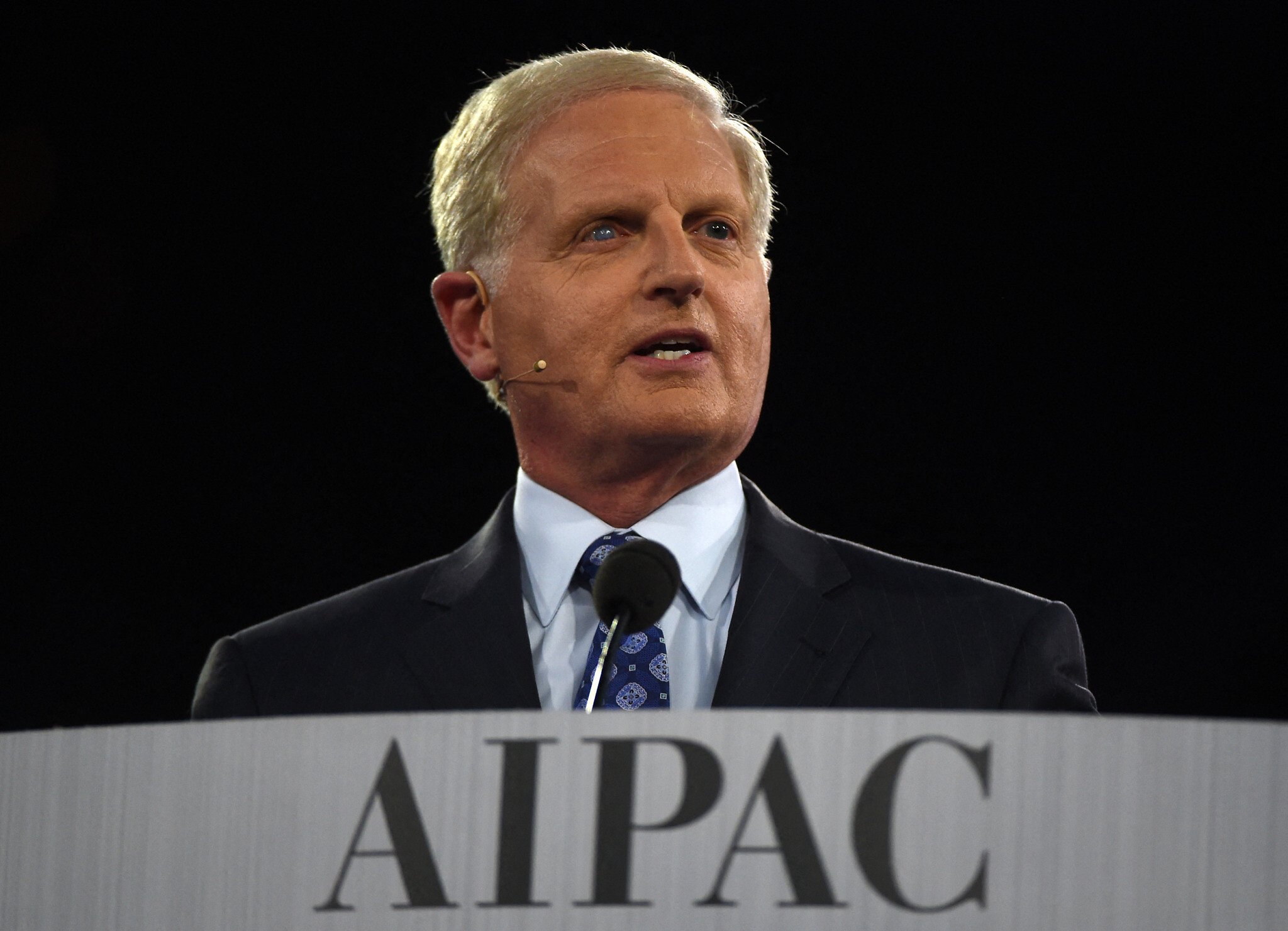The AIPAC Veil
AIPAC, the American Israel Public Affairs Committee, a colossal lobbying behemoth forged in the fires of post-Holocaust geopolitics, operates as a shadowy conduit channeling billions in US aid to Israel while shaping American foreign policy from the depths of Washington. Founded in 1954, it masquerades as a grassroots advocate for the "unbreakable US-Israel bond," but its tentacles reach into elections, legislation, and intelligence, often at the expense of American interests. As tensions escalate in the Middle East in 2025, AIPAC's influence surges, fueling debates over sovereignty, ethics, and hidden agendas. This page peels back the layers on its founders, purpose, ties to Israeli power structures, funding streams, and the scandals lurking in the shadows.
Delving deeper, AIPAC's roots trace back to the American Zionist Committee for Public Affairs (AZCPA), established amid rising anti-Israel sentiment following events like the Qibya massacre in 1953. It evolved from efforts by figures like Isaiah L. Kenen, who worked closely with the Israeli embassy to secure U.S. aid during challenging times. Over decades, AIPAC has grown into an organization with over 5 million members, influencing policy through massive conferences, grassroots mobilization, and direct lobbying. In 2025, amid ongoing conflicts in Gaza and Lebanon, AIPAC continues to push for increased U.S. military support, including expansions in anti-tunneling cooperation and Iron Dome funding, framing these as essential for American security despite criticisms of enabling perpetual conflict.
The Architects of Influence
AIPAC's origins trace to Isaiah L. "Si" Kenen, a Canadian-born journalist and Israeli lobbyist who founded the group in 1954 to counter anti-Israel sentiment after incidents like the Qibya massacre. Kenen, drawing from his work with the American Zionist Council, built AIPAC into a lobbying powerhouse. Howard Kohr, CEO from 1996 until his 2024 retirement, steered it through turbulent times, amassing a network of bipartisan allies. Other key figures include current leaders like Betsy Berns Korn as president, who push aggressive pro-Israel agendas amid growing criticism. They promise security and shared values—a facade now cracking under scrutiny.
Expanding on the founders, AIPAC was initially the American Zionist Committee for Public Affairs (AZCPA) before rebranding in 1959. Kenen, along with collaborators like Abba Eban and Louis Lipsky, navigated early challenges in securing U.S. financial aid for Israel. The organization's evolution included overcoming funding shortages and building political operations over 50 years. Additional early figures like Isadore Breslau and Joseph Ottenstein helped establish it amid anti-Semitic sentiments in the 1950s and 1960s. In recent years, leaders like Betsy Berns Korn have focused on maintaining bipartisan support, though critics argue this has shifted toward more conservative alignments. The dark roots of AIPAC lie in making Israeli priorities palatable to Americans post-Holocaust, often through strategic lobbying and narrative control.

Isaiah L. "Si" Kenen: The Founding Phantom
Kenen's vision transformed AIPAC from a small committee into a lobbying juggernaut, securing US aid while navigating espionage allegations and political storms. As a registered lobbyist for Israel, he countered negative reactions to events like Qibya and built alliances in Congress.

Howard Kohr: The Iron-Fisted Strategist
Under Kohr's 27-year reign, AIPAC's clout exploded, with annual conferences drawing top politicians and budgets swelling to millions, all while fending off accusations of undue influence. He expanded grassroots efforts and political action committees.

Betsy Berns Korn: The Current Overseer
As AIPAC's president since 2024, Korn continues aggressive advocacy, focusing on combating anti-Israel sentiments in Congress and mobilizing members for key votes amid 2025 Middle East tensions.
The Facade of Alliance
AIPAC claims to strengthen the US-Israel relationship through advocacy for military aid, diplomatic support, and anti-boycott laws. It mobilizes over 5 million members for grassroots campaigns, hosts massive policy conferences, and lobbies for billions in annual US assistance to Israel. Born to promote Israel's security post-1950s, it pushes policies like Iron Dome funding and sanctions on Iran, framing them as vital to American interests. Yet, beneath the surface, it influences primaries, drafts legislation, and ensures pro-Israel stances dominate Congress, all under the banner of "bipartisan support."
In greater detail, AIPAC's activities include lobbying for specific policies in the NDAA 2025, such as increasing U.S.-Israel anti-tunneling cooperation to $80 million and expanding missile defense collaborations. It supports pro-Israel Democrats and Republicans through its PAC, aiming to secure the U.S.-Israel alliance. The organization hosts annual conferences attended by thousands, where politicians pledge support. Critics argue this creates an illusion of consensus, suppressing debate on U.S. aid's costs, which total over $3.8 billion annually in military and economic assistance. AIPAC also funds educational trips to Israel for lawmakers, influencing their views through curated experiences.
Israeli Government: The Puppet Strings

AIPAC's deep ties to the Israeli government trace back to its founding by Isaiah Kenen, a registered lobbyist for Israel. While claiming independence, it coordinates closely with Israeli officials, sharing intelligence and strategies. In-Q-Tel-like in its covert influence, AIPAC has faced FBI probes over espionage, including the 2005 case against staffers Steve Rosen and Keith Weissman for passing classified info. Scandal: Accusations of acting as a foreign agent without registration under FARA, sparking congressional inquiries into its opaque operations and potential violations of US sovereignty.
Key Connections: AIPAC's links fuel massive funding flows, enabling election meddling and policy manipulations that prioritize Israeli interests over American ones.
Further exposing these ties, AIPAC has been scrutinized for not registering under the Foreign Agents Registration Act (FARA), despite close coordination with Israeli officials. The 2005 espionage case involved passing Pentagon data to Israeli diplomats, though charges were dropped. Critics, including former AIPAC officials who later served in the Israeli government, highlight how AIPAC acts as an extension of Israeli policy. In 2025, amid accusations of influencing U.S. responses to Gaza, AIPAC's role in blocking ceasefire resolutions and ICC probes underscores its puppet-master status.
Dark Dollars from Devoted Donors
AIPAC's power stems from vast funding, primarily from wealthy pro-Israel donors across parties. In 2024, its PAC disbursed over $53 million to 361 candidates, with lobbying expenses around $3.5 million annually. Sources include major contributors like GOP megadonors channeling funds into Democratic primaries to oust Israel critics. As of 2025, it advocates for continued US security assistance, deterring regional conflicts while entrenching influence. Partnerships with groups like the American Zionist Council amplify its reach, solidifying a financial web that buys loyalty in Congress.
By 2025, AIPAC's spending has escalated, with over $100 million invested in the 2024 election cycle alone, making it one of the top spenders. Key donors include tech moguls and Republican billionaires who funnel money through super PACs like United Democracy Project. OpenSecrets reports $51.8 million in contributions and $3.3 million in lobbying for 2024. This funding supports 96% success rates for backed candidates, including trips to Israel for hundreds of lawmakers. Critics highlight how this creates dependency, with politicians fearing AIPAC's wrath in primaries.
| Activity | Value | Purpose |
|---|---|---|
| 2024 PAC Spending | $53M+ | Support for pro-Israel candidates |
| Annual Lobbying Budget | $3.5M | Advocacy for aid and policies |
| US Aid to Israel (Annual) | $3.8B+ | Military and economic assistance |
| Member Donations | Millions | Grassroots funding for operations |
| 2024 Election Cycle Total | $100M+ | Influencing primaries and generals |
| Super PAC Contributions | Seven-figure donations | From wealthy GOP and tech donors |
The Abyss of Influence
AIPAC's dark underbelly reveals a machine of manipulation: unseating critics like Rep. Jamaal Bowman with $14M attack ads, stifling free speech via anti-BDS laws, and evading foreign agent registration. Espionage scandals, like the Rosen-Weissman case, expose classified leaks to Israel. Critics decry its role in perpetuating Middle East conflicts, prioritizing Israeli security over US lives and treasure. In 2025, amid Gaza tensions, AIPAC's bipartisan facade crumbles as it funnels GOP money against Democrats, earning labels as "the most powerful lobby" warping American democracy. Protests erupt over its "undue influence," with calls for transparency ignored.
Diving deeper into controversies, AIPAC has been accused of essentializing the U.S.-Israel relationship, criminalizing dissent through anti-BDS legislation, and targeting progressives like the Squad with corporate-backed dark money. In 2024-2025, it spent over $100 million to oust critics, including Cori Bush and Jamaal Bowman, sparking outcry over foreign influence in elections. Espionage probes, like the 2005 FBI investigation and the Larry Franklin case, reveal patterns of classified info sharing. Critics label it a "scourge" reinforcing dual loyalty tropes, while its role in pushing for wars, like Iraq, draws fire. Public opinion shifts, with younger Democrats rejecting AIPAC's narrative, leading to coalitions like Reject AIPAC fighting back.
Election Meddling: The Hidden Hand
AIPAC's super PACs pour millions into primaries, targeting progressives critical of Israel, distorting democracy under the guise of "bipartisanship." Scandal: 2024 interventions sparked outcry over foreign influence in US elections, with accusations of buying Congress seats. In 2025, this continues with increased spending amid Middle East escalations.

Espionage Shadows: Leaks and Probes
From the 2005 Rosen-Weissman case to ongoing FBI scrutiny, AIPAC's history of handling classified info raises alarms about sovereignty breaches and undue foreign sway.
Sources from the Shadows
These sources expose AIPAC's machinations, blending official narratives, leaks, and critiques. The full extent remains shrouded in secrecy.
- Wikipedia: AIPAC Overview & History
- Britannica: American Israel Public Affairs Committee
- AIPAC Official Website
- AIPAC: About Us
- AIPAC PAC
- NPR: Unpacking AIPAC
- FEC: AIPAC Committee
- Bought by Zionism: AIPAC Lobby Groups
- Politico: AIPAC Republican Donors
- AIPAC: US Security Assistance to Israel
- AIPAC's founding and the evolution of aid to Israel
- The Origins of the Israel Lobby, 1949–1954
- The Evolution of AIPAC's Political Operation
- The dark roots of AIPAC
- The Inside Story of AIPAC
- SourceWatch: AIPAC
- AIPAC Under Scrutiny for Espionage
- Spying on Friends: The Franklin Case
- Why AIPAC Must Register Under FARA
- AIPAC's Influence Falling
- U.S. to Drop Spy Case Against Pro-Israel Lobbyists
- OpenSecrets: AIPAC Profile
- Pro-Israel PACs Contributions
- AIPAC Spent Over $100 Million
- Track AIPAC: Congress Connections
- Who's Funding AIPAC
- AIPAC-Funded Trips to Israel
- AIPAC of Lies
- AIPAC, Dark Money, and the Assault on Democracy
- Corporate Power Brokers Behind AIPAC
- The Scourge of AIPAC
- Progressives Face Threat from AIPAC
- The Shadow of AIPAC
- The Israel Lobby Keeps Falling Flat